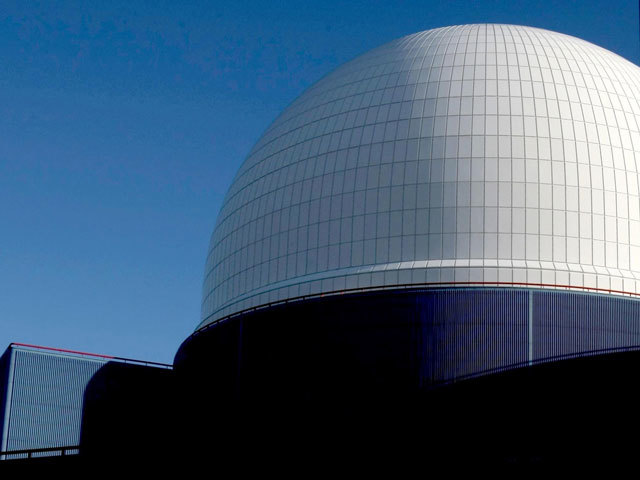
World leaders will gather in Washington to discuss how to prevent terrorists getting hold of radioactive material, with the UK set to play a leading role in protecting nuclear facilities from cyber attack.
The UK and United States will take part in a joint exercise later this year to prepare for any online attack against nuclear power plants and waste storage facilities.
David Cameron will also offer British expertise to other countries to safeguard their own civil nuclear installations amid fears Islamic State jihadists could attempt to create a dirty bomb.
The Nuclear Security Summit (NSS), hosted by Barack Obama, will see heads of government consider their response to the nightmare scenario.
The attacks in Brussels have raised fresh concerns about the prospect of nuclear terrorism.
Belgian media reported that two of the suicide bombers in the attacks, brothers Ibrahim and Khalid El Bakraoui, had video footage of the home of a senior official at a Flanders nuclear waste facility.
A UK Government source said there was no “credible evidence” that terrorists were targeting British facilities.
But the cyber attack exercise with the US would ensure that both governments and their civil nuclear industries were prepared and could address any potential weaknesses.
The source said: “You saw just last week in Belgium concerns that were raised around the security of civil nuclear sites and therefore, in the world in which we currently live, we think it’s the right thing to do.”
Alongside the US-UK exercise, Mr Cameron will use the summit to offer British expertise on cyber security.
Countries including Japan, Turkey, South Korea and Argentina have all expressed an interest in learning from British “experience and expertise”, with other nations expected to follow, the source said.
The UK will also commit £10 million this year to improve security standards around nuclear plants and waste facilities.
“We do think there is a role we can play along with the US in terms of improving these standards,” the source said.
The gathering will be the fourth and final NSS, following on from the previous meeting at The Hague in 2014.
The summits were the personal initiative of Mr Obama, and the final meeting will see world leaders take part in a “scenario-based session” focusing on the “threat from nuclear terrorism”.
The British source said the UK wanted to support the US to make sure there was a “lasting legacy”, with the International Atomic Energy Agency taking forward the work on nuclear security.
In the margins of the summit representatives from the world powers involved in the talks on Iran’s nuclear programme – the UK, US, Germany, France, China and Russia – will also discuss progress made on the agenda.
Recommended for you
